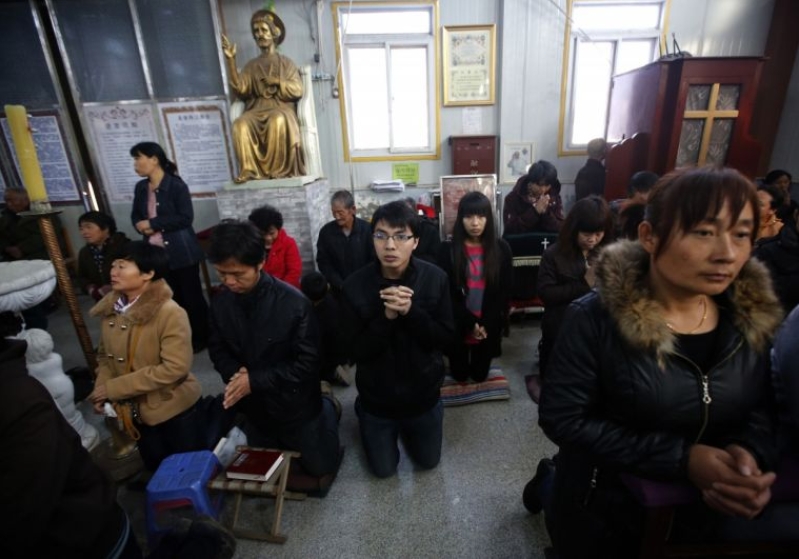
Being a true Christian in China is certainly not easy, as we are all well aware of the atrocities the Communist Party were guilty of in the past against any kind of religion, Christianity in particular. Much blood has been spilt, but today with approximately 100 million Christians in China, it looks like there is no stopping the army of Christ despite growing levels of persecution in a seemingly liberated China. Tough times are set to happen in the future, as the Chinese government is purportedly going to impose new restrictions when it boils down to religious freedom.
According to Christian human rights organization China Aid, they had some concerns over the release of a draft of a new set of religious restrictions and regulations that have been set by the State Council of the People's Republic of China. In these new proposed regulations that are said to be enforced in October 2016 around the country, it will comprise of a ban on wide-ranging religious practices. The ban will obviously include "organizing citizens to attend religious trainings, conferences and activities abroad," as well as "preaching, organizing religious activities, and establishing religious institutions or religious sites at schools."
Such bans pretty much sum up the thought process of the government, and the noose around Christianity looks set to tighten as they want to choke the life out of Christ’s movement. Apart from traditional preaching and teaching, the digital revolution has not been left untouched. This new measure will also cover what goes on in the digital realm, as the spreading of God’s Word and truth online looks set to be stifled. There is also a proposed ban on "organizing religious activities in unapproved religious sites," which will be taken as an effort to reduce or minimize contact between churches and religious organizations in China.
Not only that, there are also articles that place strong emphasis on state security as well as taking precautions against secessionism, terrorism, and infiltration of foreign powers. China thinks that religion is a form of infiltration of foreign power, and this has been repeated in the past. The restrictions placed on “accepting teaching posts in foreign countries” as well as “organizing religious activities in unapproved religious sites” are actually meant to hinder house churches as well as reduce the amount of contact with organizations outside of the government-controlled Chinese churches.
Around every decade or so, there will be revisions made to the Regulations on Religious Affairs. So far, we do now that new revisions have made their appearance in 1995 as well as in 2006, so with this year being 2016, it is far from surprising to hear that there will be a tightening of rules and regulations.
At the end of the day, we do know that the blood of the martyrs is the seed of the church. When brutal steps were taken in the previous century to stamp out Christianity in China, the Christian movement has grown larger and faster than anybody expected. Hence, it would not be surprising to hear of a new revival happening in the near future with the implementation of tougher rules.







